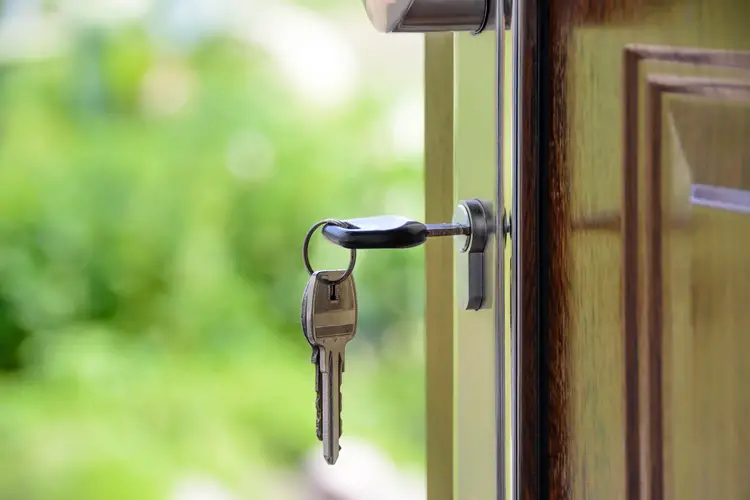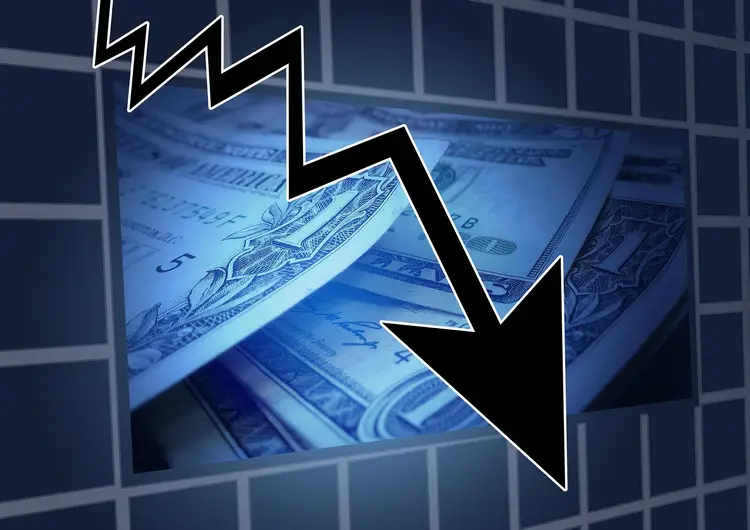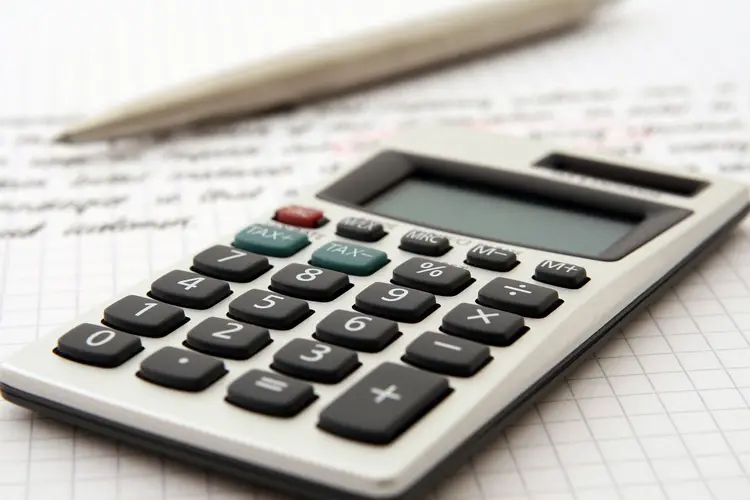
You may be deciding between buying a new home vs a second-hand home. But you may be worried about a new home losing value after you buy it. It’s never good if a house drops in value, which is why it’s important to know whether new homes lose value.
New homes often lose value immediately after buying the property, which is similar to buying a new car. This is because new homes tend to be priced higher to cater to those homebuyers who like to buy new homes. The loss suffered when buying a new home is made worse with the Help to Buy scheme.

How much do new homes lose in value?
New homes have been known to lose value by over 7%. However, the amount of loss in value is not the whole picture, as you also need to take account of the fact you may have lost out on a price increase if you had purchased an old home. See below for a table of how this could impact you in your area.
Can you negotiate the buying price with developers to reduce how much you lose on a new home?
You can negotiate the buying price of a new house with developers. One of the best times to do this is at the start of the development when you can sometimes negotiate good deals buying off-plan.
However, be careful with buying off-plan, as you can sometimes come unstuck with this approach, especially if house prices fall between when you signed the off-plan contract and when the house is completed.
You can also be lucky and negotiate good deals at the end of the build project too. If you arrive at the development and there are the last one or two properties left for sale, the developer is often keen to move these on at a good price. They are often keen to sell these last few properties so they can move off the site and on to the next development.
Finally, you can sometimes get a better deal with developers at the end of their financial year. You can check their year end at Companies House in the UK.

How to negotiate new build house price to avoid losing value
In order to negotiate the price of a new build to avoid losing value is to arrive armed with knowledge of the area and with the value of similar second-hand properties. There’s nothing wrong in putting in a cheeky offer on any house, which includes new builds too.
You may like to take a read of this article about how you make an offer on a house below asking price. There are eight points to consider, and point 8 is key to negotiating hard.
Is it worth buying a new home if it’s going to lose value?
If you like the idea of having a brand new house, it’s only worth buying it if you’re not going to lose value. Also, if you need to use the Help to Buy scheme to help you buy your first house, you are tide to buying a new build in any case.
But just because you buy a new house, this doesn’t mean you have to lose money after you’ve bought it…see below.

How to calculate whether a new house is over priced compared to similar old homes
To calculate whether a new house is over priced when compared to similar old houses is to check comparable house prices in the area. Make sure to check comparable sold prices on websites like Rightmove, Zoopla and Mouseprices.
How to prevent your new house from losing value
The best way to make sure your new house doesn’t lose value after you’ve bought it is to assess the local housing market and only pay what similar houses are worth nearby. Use your research to negotiate the purchase price with the developer to the price of similar second-hand houses in the area.

What can cause a new house to lose value?
There are a number of reasons why new houses lose value, which include:
- The new house was over-priced when compared to similar second-hand houses in the same area.
- The developer didn’t build the house to a good standard, which may come to light after you bought.
- The location of the development isn’t as desirable as it could be.
- If the developer reduces the price of houses sold subsequent to when you purchased your house on the same development.
- The last one or two houses sold-off on the development are sold at below market price to finish the project off. This will impact on sold-comparables for other homeowners who come to sell at the same time.
- There is over-development in the area so supply of homes out-strips demand.
- The housing market is depressed in general.
Avoid high loan to value mortgages on new houses that lose value
You may find yourself in negative equity if you borrow too much to buy a new house when it loses value. This is because new houses often lose value as soon as you’ve completed on the contract.
This is better explained by way of an example:
- Assuming you buy your new house for £265,000.
- Let’s also assume you buy your new house with a 95% mortgage, which equates to £251,750.
- If the property drops in value by say 10%, this would make the house worth £238,500.
- You would now be in negative equity to the tune of £13,250 (i.e. £238,500 – £251,750).
- You have also now lost £26,500 in value (i.e. £265,000 – £238,500).
The double whammy of Help to Buy houses losing value against a rising market for old houses
You have to be careful when using the UK government’s Help To Buy Scheme when buying a new house, as developers appear to being over-pricing their houses to meet the demand. This becomes a double whammy for first-time homeowners, as similar old houses in the same area are increasing in price whilst their new build is losing value.
A few examples of the biggest losses for new build houses on Help to Buy scheme include the following areas in the UK:
| Area | Average loss on Help to Buy Property | Average house price increase in area | Combined loss for homeowner with new build on Help to Buy* |
| South Lakeland | -2.86% | +44.92% | -47.78% |
| Westminster, London | -7.06% | +34.66% | -41.72% |
| Richmond | -2.07% | +35.94% | -38.01% |
| Hammersmith and Fulham | -6.31% | +28.39% | -34.7% |
| City of London | -4.17% | +28.97% | -33.14% |
| Sevenoaks | -2.75% | +23.33% | -26.08% |
| Blackburn with Darwen | -1.41% | +24.32% | -25.73% |
| Doncaster | -1.12% | +22.18% | -23.3% |
| Copeland | -6.29% | +14.47% | -20.76% |
| Stockton-on-Tees | -5.35% | +12.78% | -18.13% |
* The total house price loss represents how much homeowners who purchased a new build on Help to Buy lost because they purchased a new house vs an old house. For example, in the worst loss area, which is South Lakeland, where the average house price was £254,060, this would represent a loss of £121,390!
Final thoughts about do new houses lose value
If you really like the idea of living in a new house vs buying an old house, and if you live there for long enough, the price of the new house will eventually increase. However, when compared to the price of an old house, it will take longer to increase above what you paid for it.
However, not all new houses lose money, as a new development can become a desirable place to live, which can impact on the price in a positive way instead.
Also, if you are prepared to negotiate hard with a developer, or if you are buying one of the last remaining houses on the development, you may get a good deal. This could mean your new house doesn’t lose value after you buy it.
If you think about the following example:
- You buy a new-build house for £250,000.
- Assuming this new build house depreciates in price the minute you turn the key in the door by say 10%. This is a loss in value of £25,000.
- The value of your new house is now only £225,000.
- For your house to get back to the value of what you paid for it, house prices need to increase by about 11.2%.
- But if you had purchased a similar old home for £225,000, your investment would have increased by £25,000 over what you paid, whereas if you purchased a new build you’d be back to where you started.
Finally, and as with any house you buy, it comes down to location, location, location. Location is as important on a new house, as it is with any house.
Take a look around to see where the employment is in the area. For example, is there a large hospital nearby, a big company that employs a large work-force, a large supermarket or a research centre that employ scientists. All of these will help to create demand in the future, which should help with house prices, and it might mean that the new house doesn’t lose value.
It is also about the type of house the new build is and the demand for that type of home in the area. For example, if it’s a three-bed house, it’s likely it will go up in value, as three-bed houses are the most sought after type of house.
It will also depend on how long after you purchased your new house that you sell it. If you live in your new build for 5-10 years, it may have gained back any losses and increased in value.
Please also take a read of this before you leave…
Please also read this article to discover how you could save £71,475 on your next mortgage if you sell your house and rent before buying again. Even I was amazed when I did the calculations!
I hope you’ve enjoyed this article about do new houses lose value
If you’ve enjoyed this article about “do new houses lose value” please share it on your favourite social media site.
Also, if you have any questions, please feel free to comment below too. Please also share any of your experiences with properties you’ve bought. Alternatively, if you need more help, please feel free to contact us on our contact us page here. Or join the discussion and ask your question in the property forum.




